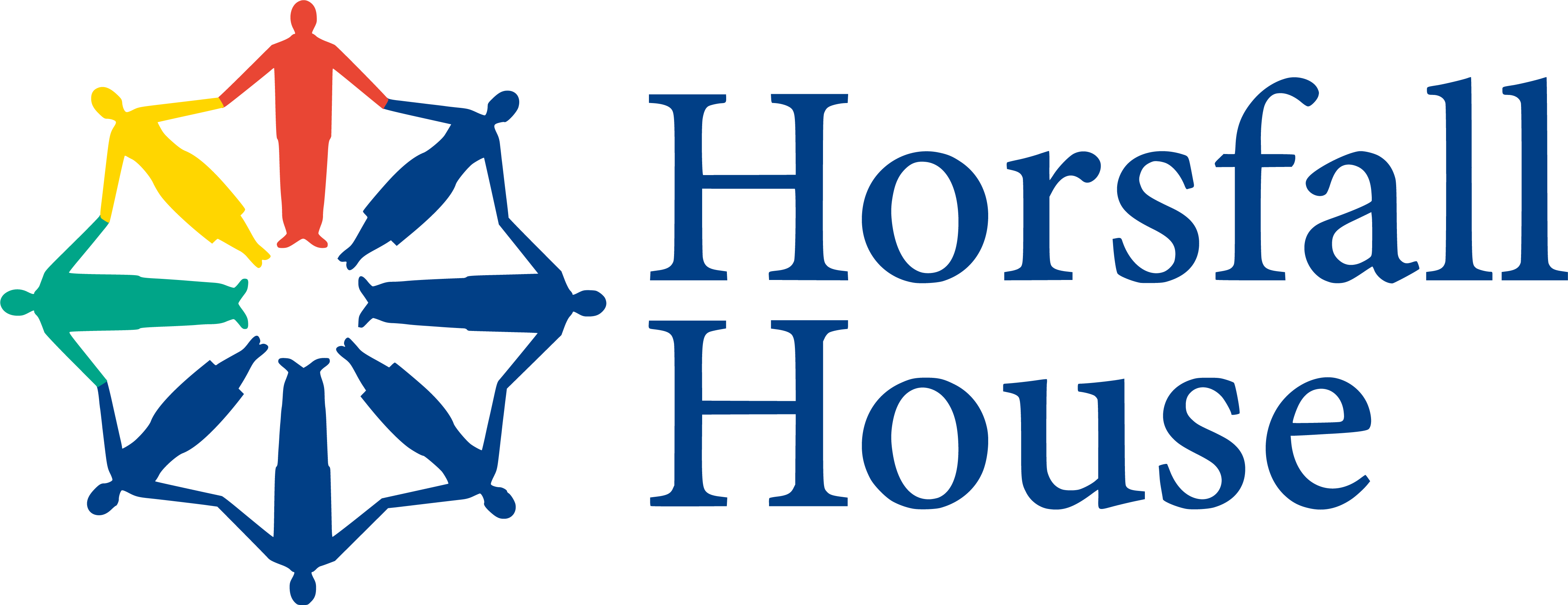Getting older comes with a whole host of health problems
When people age, their vision and hearing can deteriorate and conditions such as diabetes, arthritis and incontinence can develop.
As people get older and start needing support, they will often get carers to come in from a home care agency, to help them with cooking or getting dressed so they can stay living independently in their own homes.
As they age, their bones will shrink in density and size and will become weaker so if they fall they are more likely to fracture them. Muscles will lose their strength and won’t be as flexible which will affect mobility and coordination.
However it can get to a stage when they need more help and a few hours’ support a day is not enough.
But it can be extremely hard for the person in this situation to admit they need more help. They may be fiercely independent and hide the fact they are unable to look after themselves anymore.
You may suspect your parent, family member or friend can no longer cope by themselves at home but deciding when residential care is the best option can be difficult.
Below are some tell-tale signs that can help you and your loved one make that hard decision.
Signs to look out for:
Falls
As people age, their mobility deteriorates and their eyesight often worsens leading to falls.
- If they start having minor falls, these can escalate, so keep an eye out for bruises on their body.
- If your loved one starts having falls which are causing sprains and broken bones, their health and safety is being put at risk.
If they live by themselves it could get to the point when they are no longer safe at home and need to be in residential care where they can be cared for 24/7.
Poor personal hygiene
You may notice that your parent is starting to have poor hygiene. This could be because they are scared they will slip in the shower or the bath and they find it too hard to get in and out.
- Ask them if they are having problems getting in and out of the bath and are they managing to get in and out of bed okay.
- Are they having problems getting dressed? They may stop tidying the house and you may find a normally houseproud person has changed to someone who doesn’t seem bothered by their messy environment.
However this may just be because they do not have the energy and mobility anymore to clean the house.
Again this is something they may not want to admit to as it will be a sign they are not coping.
Incontinence
Incontinence is when you no longer have control over your bladder or bowel. Older people can be more at risk of incontinence due to a number of medical conditions.
These conditions include gut conditions such as irritable bowel syndrome, side effects of medication, UTI (urinary tract infection), prostate gland problems and constipation.
- People with dementia also have problems with incontinence as they may no longer recognise the sensation of having a full bladder or bowel or they may no longer know where the toilet is.
- Incontinence can be embarrassing and distressing for the person and it can also lead to skin infections. It can also be incredibly hard for the carer when their loved one starts to lose control of their bladder or bowels.
When incontinence becomes a regular occurrence it may be time for your parent or partner to move into a care home as the level of care they need may be more than you or a home care agency can give.
Memory loss and confusion
When memory loss and confusion cause your parent or loved one to start missing meals or forgetting their medication, then it becomes a health and safety issue. They may start suffering from malnutrition or dehydration or their blood pressure may get into the danger zone if they are not taking their medication to keep it at a certain level.
- Look for signs of weight loss
- See if they can still find their way around their house
- If they are disorientated it may no longer be safe for them to live at home
- Are they leaving the oven on after cooking?
- You need to consider whether their confusion and memory loss is putting them in a dangerous situation
Withdrawn and depressed
You may have noticed your parent or family member has become withdrawn or depressed. They may have recently lost a partner and be suffering from loneliness. Or they may have had a fall and have lost their confidence in going outside.
Interacting with people and socialising is very important for people’s wellbeing and sadly nearly a quarter of a million people in the UK often go a whole week without speaking to anyone, according to Age UK.
Check to see if they are still meeting up with friends
Are they still doing the activities they used to enjoy?
Are they sleeping in or sleeping more than usual?
Are they getting irrationally angry about things?
Instead of trying to cope at home with no stimulation or company, sometimes residential care is a better solution.
There may be activities your parent or loved one can get involved in and they may make new friends in the care home.



